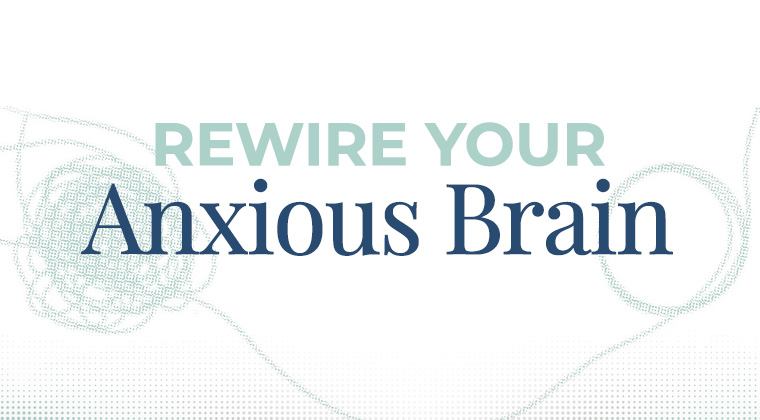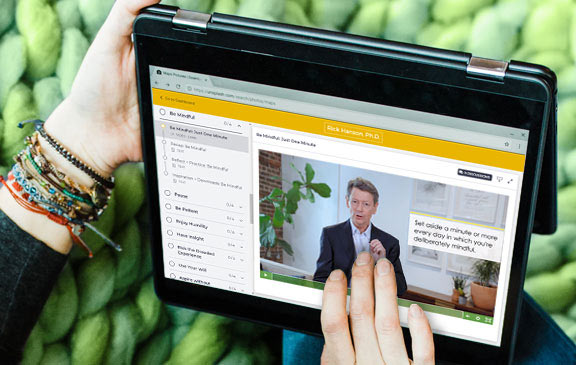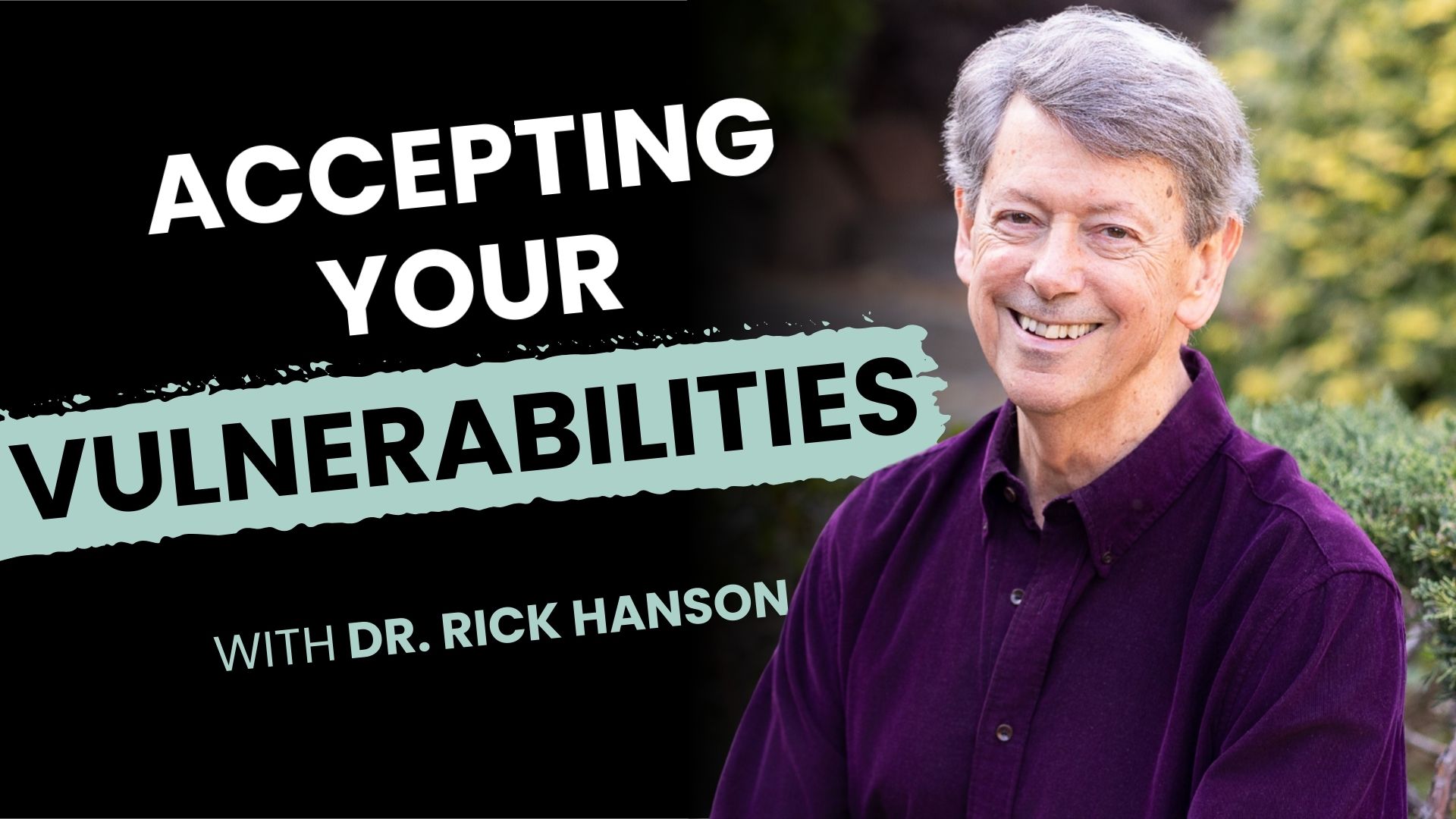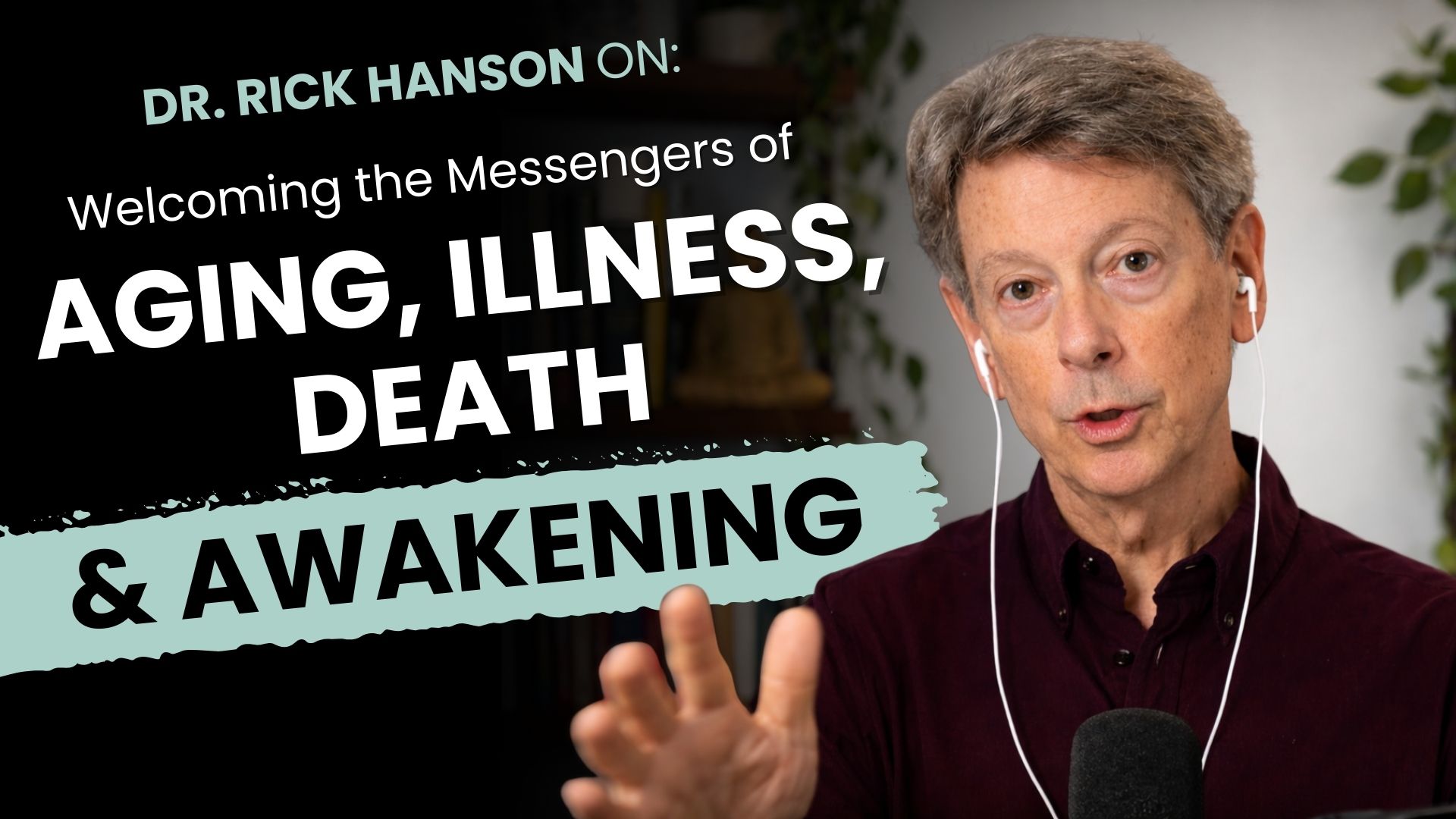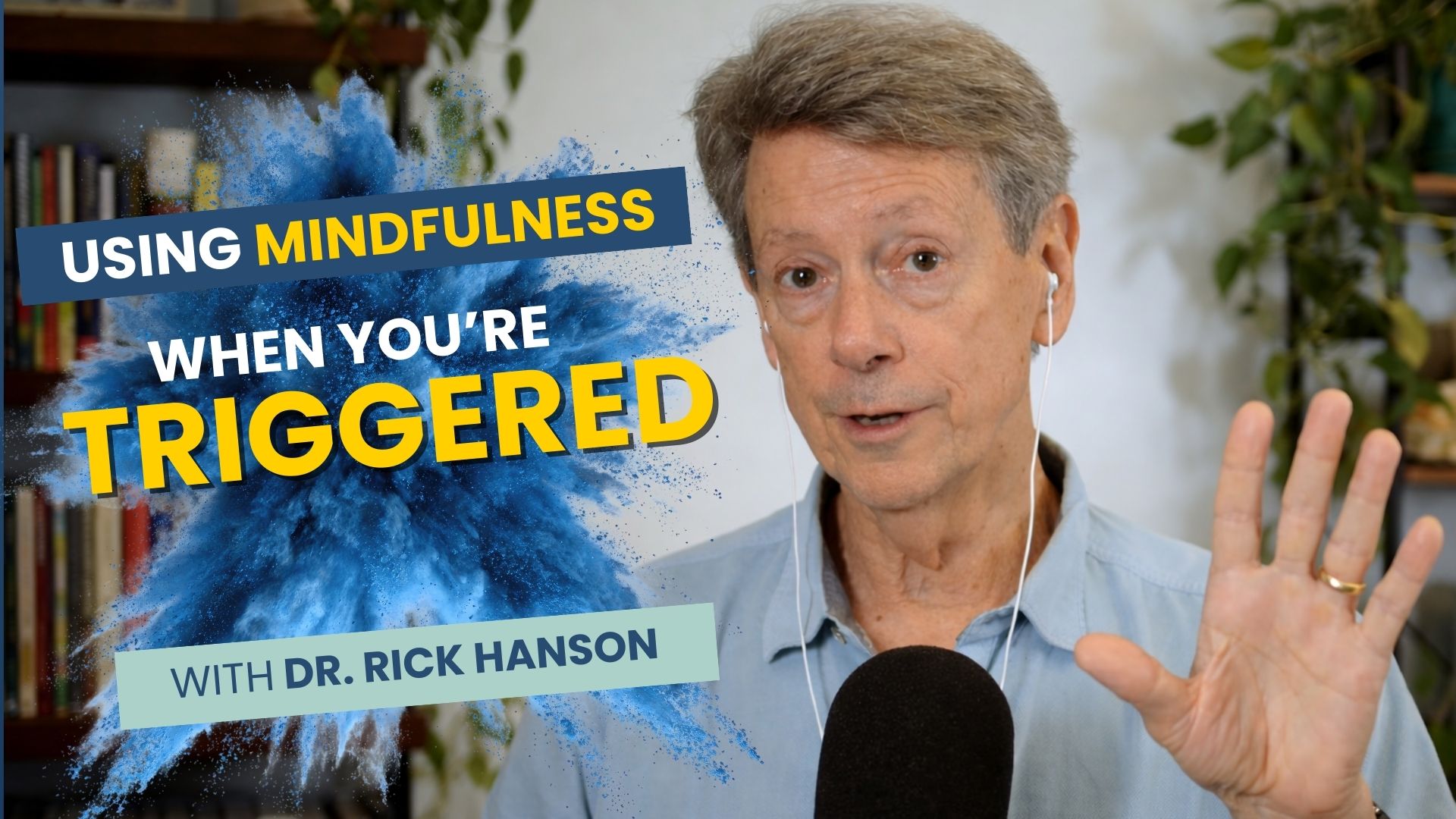When we come home to equanimity, we embody a balanced and centered state of mind. We can be impartial and have a wise, informed understanding of life’s conditions—remaining steady amidst the “eight worldly winds” and responding wisely rather than reacting impulsively.
In this Wednesday Talk and Meditation guest teacher Anne Roise shared:
- How equanimity serves as the foundation for the Brahma Viharas and other teachings of the Buddha.
- How equanimity has been a quality we have already been cultivating and can continue to develop
- The impact of exposure to overstimulation and vicarious trauma that erode at our sense of balance
- The importance of recognizing signals of imbalance and constriction in our bodies and minds.
- How the breath, stillness, and staying in the present support equanimity
- The importance of surrounding ourselves with others who model and support equanimity in our lives and the lives of others
The Q and A touched on the impact of being in the present to cultivate equanimity and how shame can bind us to the past. She also discussed the importance of being comfortable with “not knowing” the answers to everything, and the ease that comes with this outlook.
Meditation
Talk
Anne’s Notes:
Equanimity is the fourth of the Divine Abodes or the Bhrama Viharas and the Pali and English words are often used interchangeably. These divine qualities are Metta/Loving Kindness, Karuna/Compassion, Mudita/Appreciative Joy and Upekkha/Equanimity. It is the foundation upon the other three qualities are fully embodied.
There are two aspects to Equanimity in the teachings of the Buddha. One points to sense of a balance and centeredness – staying in the middle, and the other component is the actual translation of the word “Upekkha,” meaning to look over, not overlook, but to look from a vantage point from above. We can consider another condition that must be present to cultivate equanimity and that is impartiality, a neutrality that prevents reactivity.
However, Equanimity does not mean indifference or aloofness, rather it is a grounded understanding of the causes and conditions of the world that allows us to have a bigger picture. It guides us away from reactivity and toward an informed and wise response.
The quality of equanimity appears throughout the teachings of the Buddha and is one of the Seven Factors of Awakening as well as one of the Ten Paramis. It is the steadiness that allows us to withstand the “eight worldly winds” – praise and blame, success and failure, pleasure and pain, fame and disrepute. An equanimous spirit prevents us from being pulled to extremes such as attachment and aversion. Through stillness we develop an awareness and assessment of the internal and external conditions that erode our sense of balance and judgment. This insight provides us with the wisdom to come home to a place of ease.
About Anne Roise:
Anne Roise has been a Zen practitioner since 1971, when she left Canada as a teenager to study with her first teacher, Shunryu Suzuki Roshi. She is lay-ordained in the Soto Zen tradition. Anne completed the Buddhist Chaplaincy program at the Sati Center and is a trained mindfulness facilitator through the UCLA Mindful Awareness Research Center. Anne has taught mindfulness to community organizations and educational institutions. She offers chaplaincy services to diverse groups and facilitates the Black Wisdom and Mindfulness Circle through the Insight Meditation Center. Her career has included leadership roles in initiatives to address systemic poverty, community and economic development, violence prevention, juvenile justice and racial and ethnic bias in court systems. Anne is the Director of Programs and Online Operations at Spirit Rock Meditation Center and serves on the boards of Mindful Schools and the San Francisco Zen Center. She holds a graduate degree in City Planning from MIT and is a Certified Life Coach.
